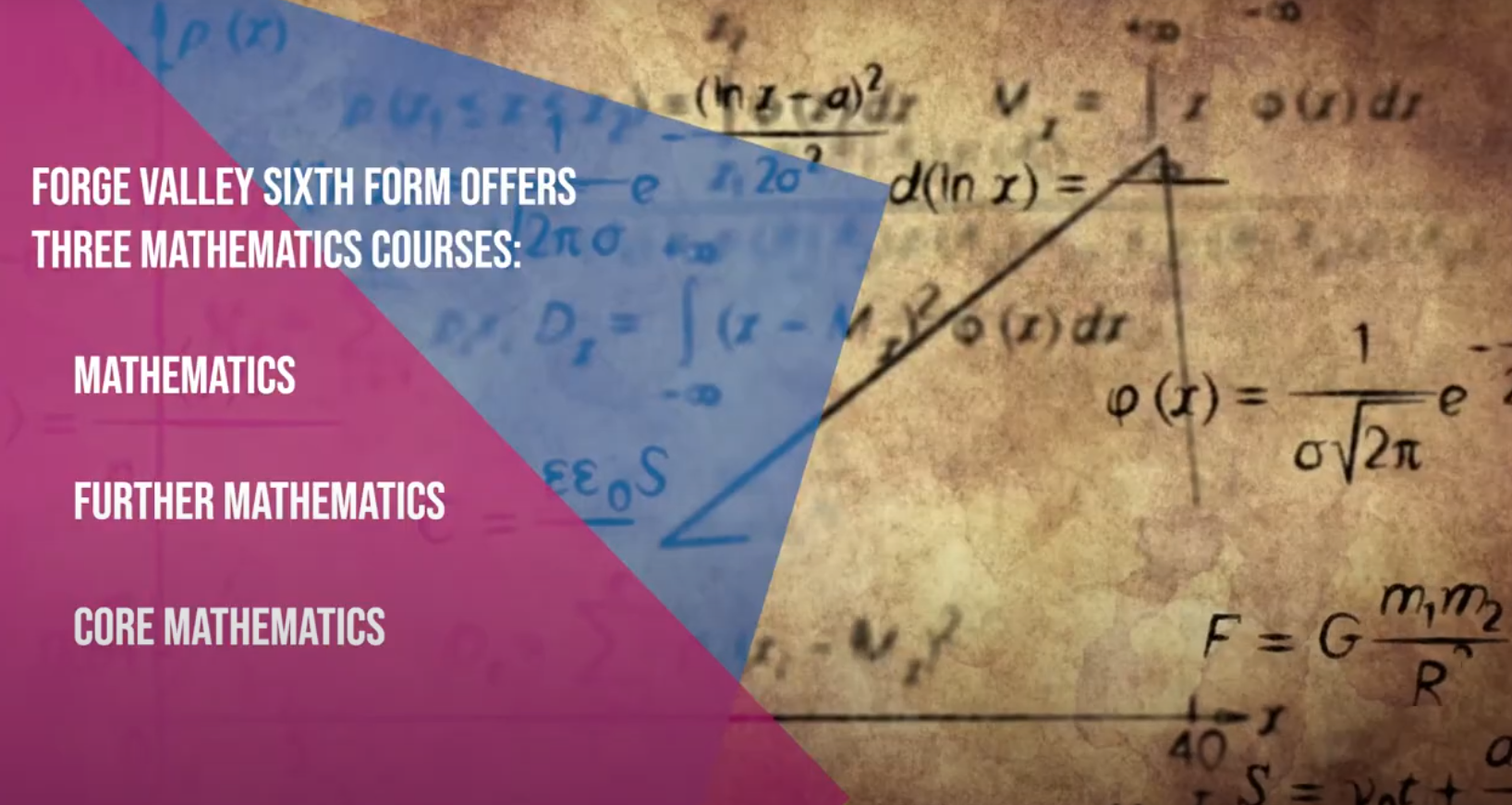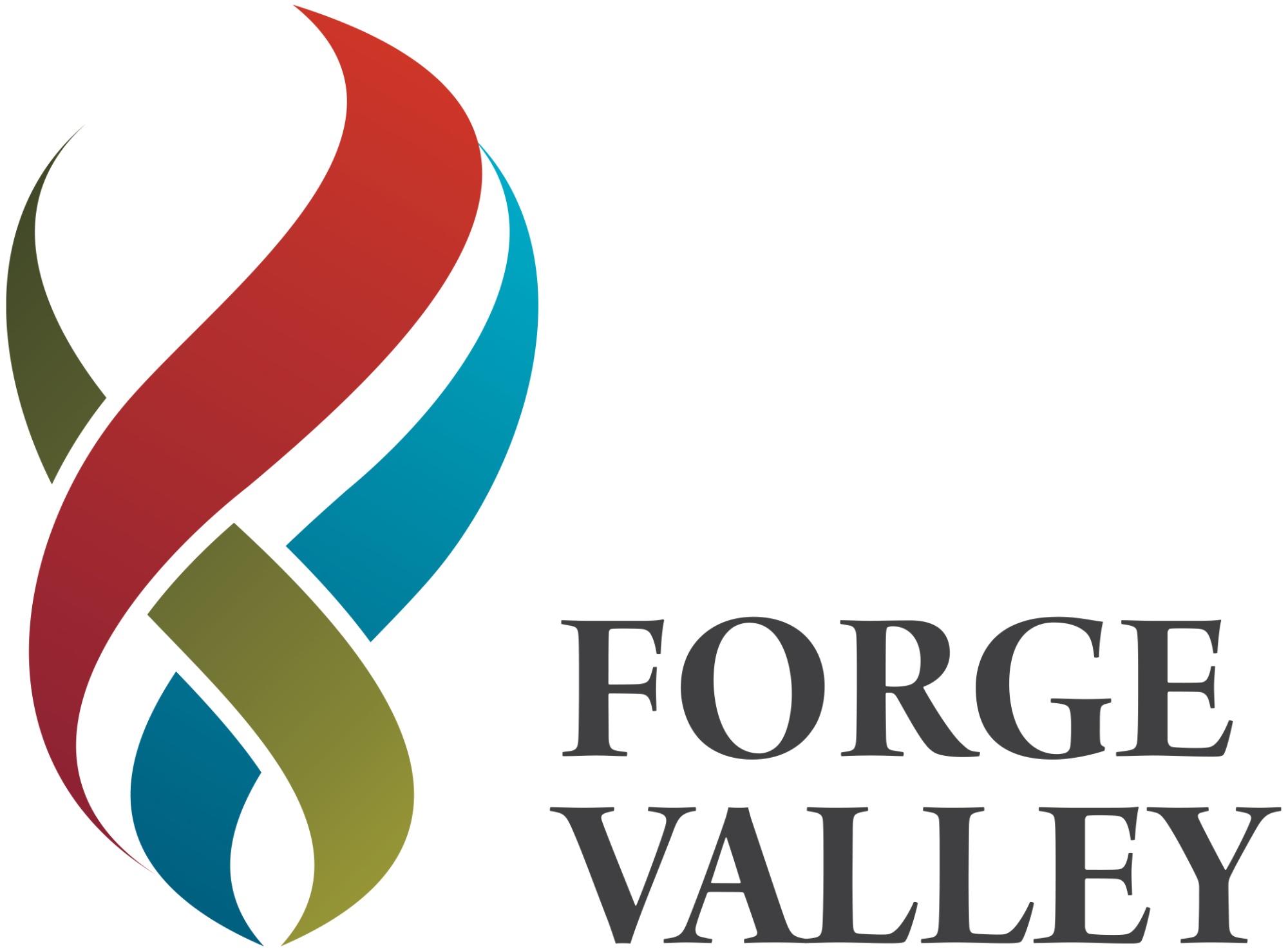Mathematics (A Level)

Mathematics is a challenging and rewarding A Level that will really develop both your academic skills and personal qualities. There are four reasons why you should consider it:
Directly transferable skills
A Level Mathematics content is directly transferable to many disciplines and specialisms, whether at university or in the workplace. Mathematical modelling is one of the overarching themes in the new A Level because it's used so widely in the real world.
Analytical thinking
A Level Mathematics is your chance to prove on your CV that you can “reason like a problem-solver” and you can “communicate your thinking clearly and precisely”. You are training your brain to develop the most sought-after thinking skills, and universities/employers know that success in A Level Mathematics is brilliant evidence of this. If you enjoy the satisfaction of solving a difficult problem that has made you persevere, A Level Mathematics is for you!
Increased earning potential and employment opportunities
By the age of 34, those with A Level Mathematics can expect to earn approximately 11% more on average than students of other A Levels (Adkins and Noyes, Reassessing the Economic Value of A Level Mathematics, 2016). Don't miss out!
Maths is an incredibly rich subject that is rewarding in its own right
There is great beauty in mathematics! The more of it you learn, the greater its potential to astonish you.
Future Opportunities
A Level Mathematics is considered essential for many university courses and employment opportunities and is very highly valued across the board. Those considering careers in science, engineering, economics, business, accountancy or banking - to name only a few - will benefit greatly from studying A Level Mathematics.
What are the entry requirements?
Five or more GCSEs Grade 9-4 or equivalent, including English. The minimum Mathematics grade required is 6.
Other Considerations
Although difficult, it is possible to get a good grade at A Level from a GCSE grade 6. Before choosing the course, ask yourself:
- Are you prepared to put the extra-long hours in?
The most confident students will be doing 5+ hours per week of independent study, you will probably need considerably more.
- Do you like algebra?
Algebra is even more important at A Level than GCSE; if you don't like algebra, it's not for you.
What will I study?
You will study pure and applied mathematics in a ratio of 2:1. Pure mathematics includes:
- Algebra
- Trigonometry
- Geometry
- Calculus
Applied mathematics is a combination of statistics and mechanics.
How will I be assessed?
Board: Edexcel
Paper 1 (2 hours, 100 marks) Pure Mathematics
Paper 2 (2 hours, 100 marks) Pure Mathematics
Paper 3 (2 hours, 100 marks) Applied Mathematics – a combination of Mechanics and Statistics.
FAQ
What is the average class size?
The average class size is around 12 for A Level Maths.
Are the teachers specialists in the subject area?
All Maths A-level teachers are specialists.
How successful have previous students been in this subject?
Because of the individual support students receive, many students have excelled in Maths at Forge Valley.
What other subjects compliment this course?
Biology, Physics, Chemistry, Economics, Computing, Business Studies, Economics to name a few. Other A-levels which require knowledge of critical data analysis can also benefit from Core Maths, A Level Maths and Further Maths Skills.
Will studying this subject allow me to go to university?
Absolutely, universities include Mathematics based A-levels on many of their requirements for courses that rely heavily on a use of data. More universities are also now seeing Core Maths as evidence that students have the skills with data and analysis required to study on other courses that require these skills.
What careers can the subject lead to?
Accounting technician ,Acoustics consultant, Actuary, Aerospace engineer, Air traffic controller, Bank manager, Civil engineer, Credit controller, Criminologist, Cyber intelligence officer, Data analyst-statistician, Economist ,Electrical engineer, Finance officer, Financial adviser, Insurance underwriter, Investment analyst, Meteorologist, Research scientist, Software developer, Stockbroker, Tax adviser and many more.
